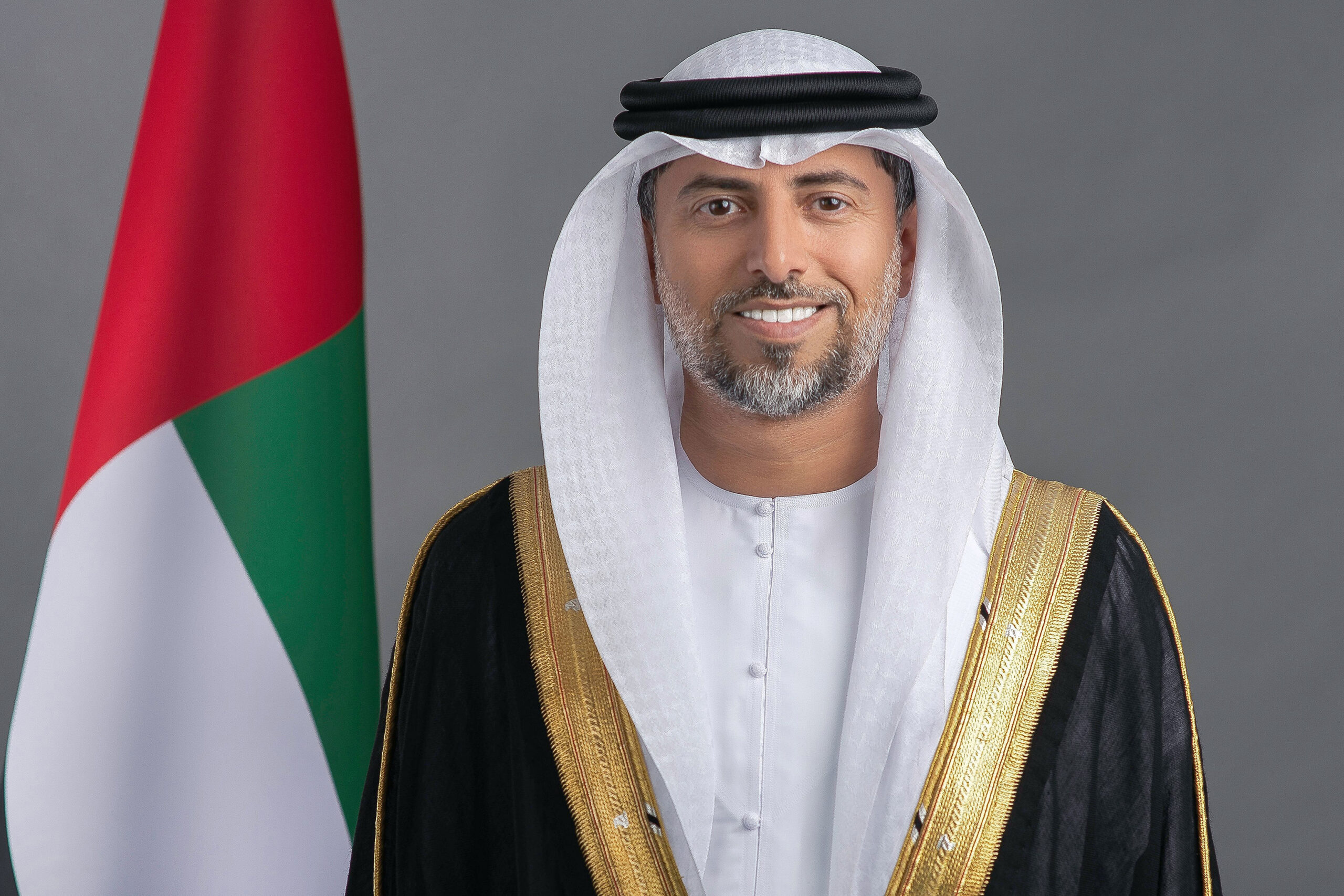Suhail Al Mazrouei emphasized the significant contribution of regulating the local energy market to the UAE’s sustainable development.
Suhail Al Mazrouei, the Minister of Energy and Infrastructure, has unveiled a policy that aims to regulate the local energy market in the United Arab Emirates (UAE), emphasizing its significant contribution to the country’s sustainable development. The policy, which was recently approved by the Cabinet, was developed by the Ministry of Energy and Infrastructure (MoEI) and provides guidelines for the contractual framework among energy stakeholders and various contracting mechanisms. Its objective is to facilitate business operations, financing, and partnerships between the public and private sectors.
The implementation of this policy is expected to encourage energy service providers and private companies to invest in government projects, with a particular focus on reducing energy and water consumption, carbon footprint, and operational costs in buildings. By promoting sustainability and conservation, the UAE aims to achieve its long-term goals outlined in the National Water and Energy Demand Management Programme 2050, which supports the UAE Energy Strategy 2050 and the UAE Water Security Strategy 2036.
Speaking about the policy, Minister Al Mazrouei stated, “While drafting the policy, we were keen to integrate the objectives of the National Water and Energy Demand Management Programme 2050. The policy has set objectives for the next five years, including reducing water use, cutting down operational costs in federal buildings, contributing to clean energy, promoting sustainability in buildings, and raising awareness about energy and water conservation. In the long term, the policy aims to significantly decrease energy demand in the building sector by 2050, thus supporting the UAE’s sustainable development.”
Furthermore, the Minister highlighted the economic benefits that are anticipated to result from the policy’s implementation. He estimated that by 2050, retrofitting federal buildings as part of the National Water and Energy Demand Management Program 2050 could generate financial returns amounting to AED 21.5 billion. The policy is also expected to establish a local market for energy services and products, creating opportunities for private sector investment in energy efficiency systems and renewable projects. These initiatives will improve productivity, lower operational costs, and enhance the UAE’s global competitiveness.
Minister Al Mazrouei emphasized that regulating the energy providers’ market is a crucial step toward developing the country’s energy infrastructure and promoting environmental sustainability. This policy underscores the wise leadership’s commitment to increasing investments in the energy sector, fostering innovation, and advancing modern technologies that offer long-term economic and environmental benefits.
The Minister also highlighted the policy’s pivotal role in strengthening the UAE’s sustainability solutions to combat climate change. It will facilitate better integration and collaboration among stakeholders, encouraging them to provide exceptional energy services and products at competitive prices, ultimately benefiting society as a whole. With the implementation of this policy, the UAE is taking proactive measures to ensure a sustainable future while addressing the challenges of climate change and enhancing the nation’s energy sector.





